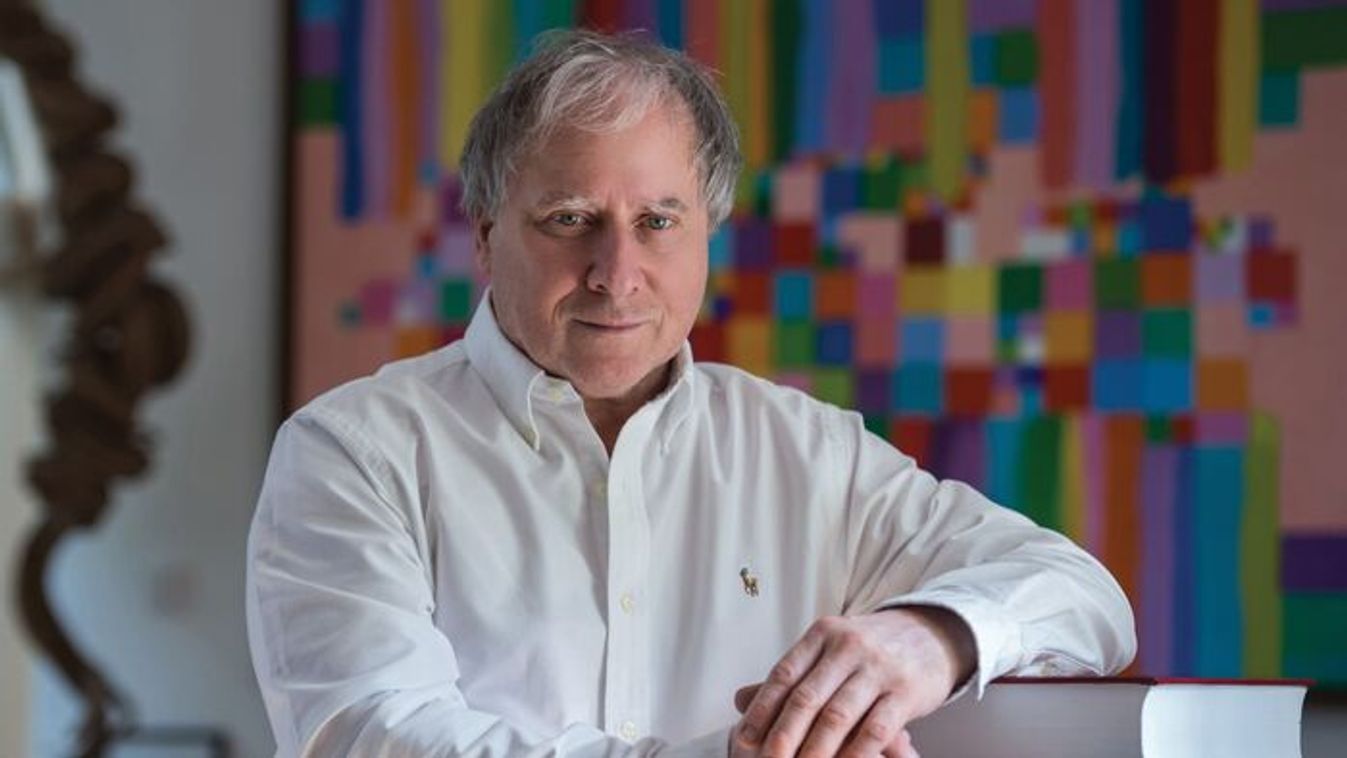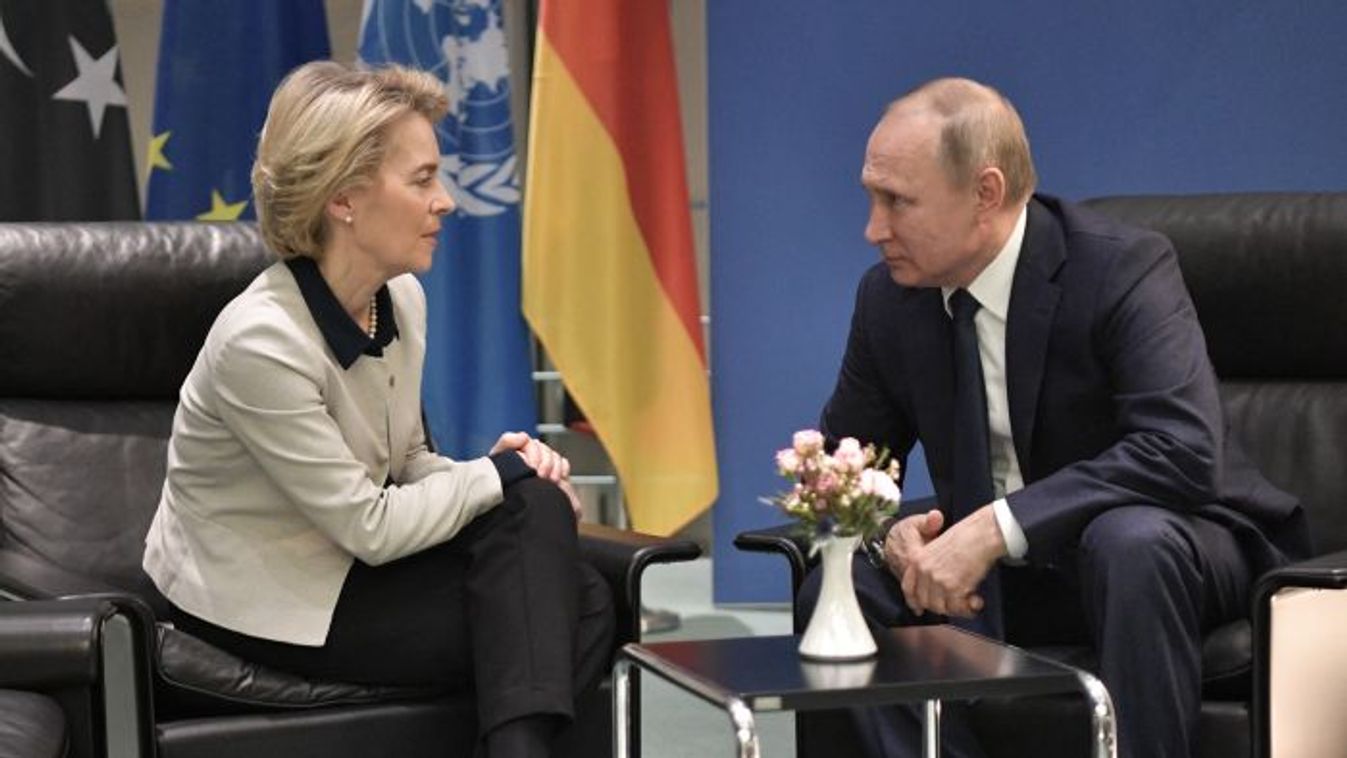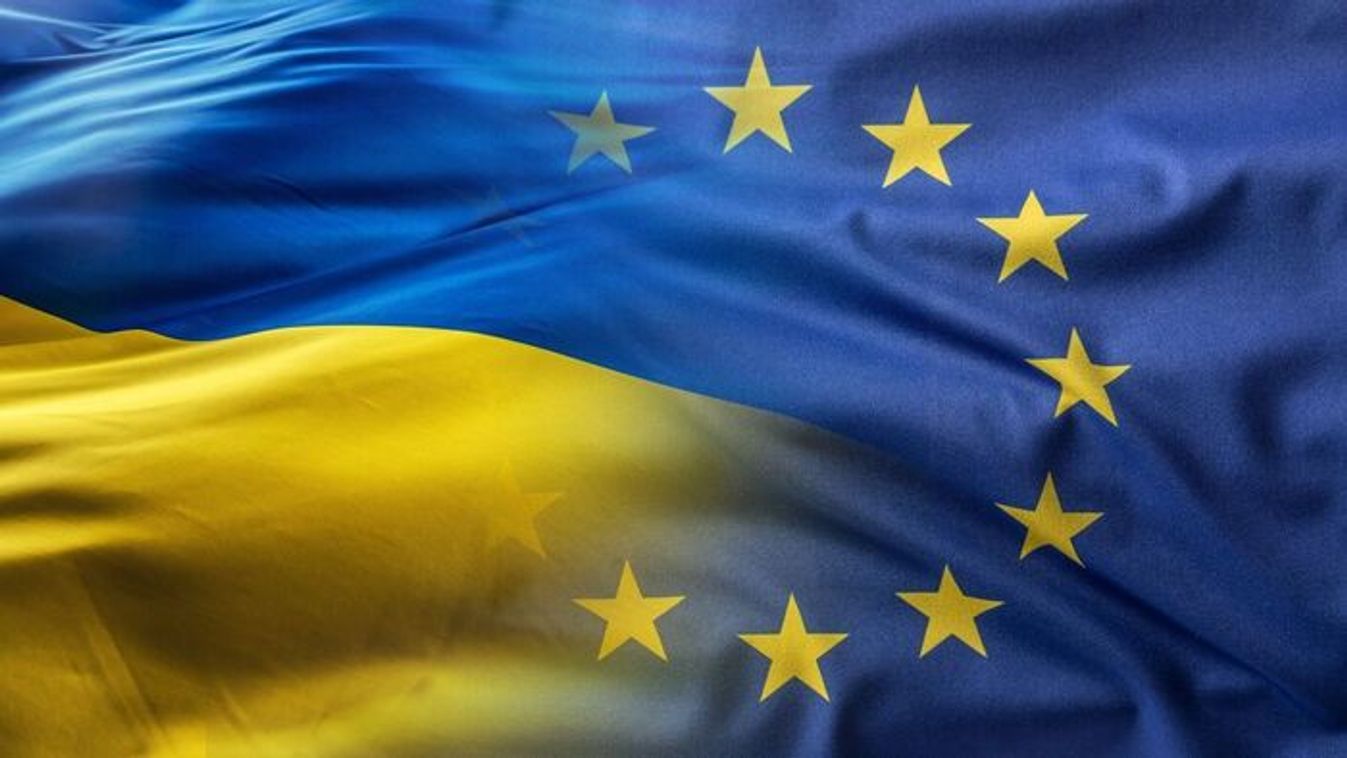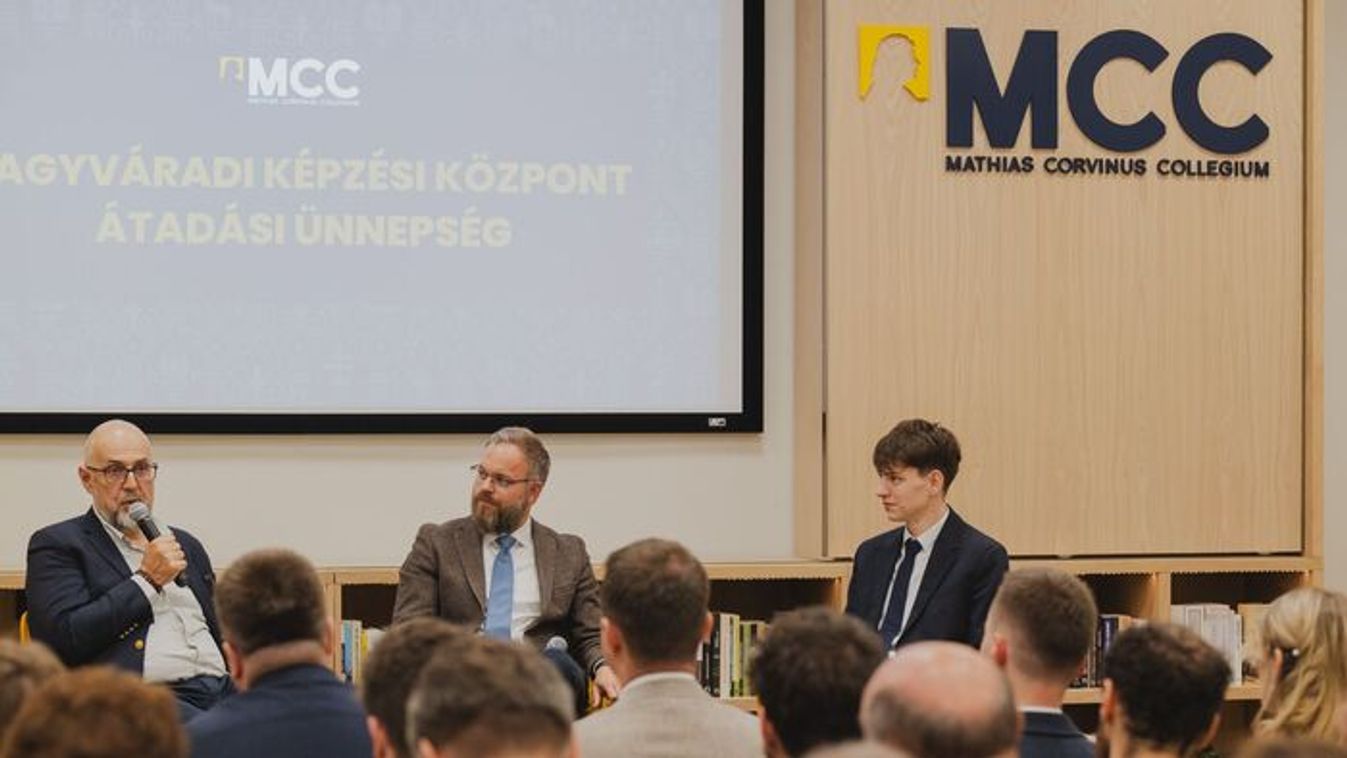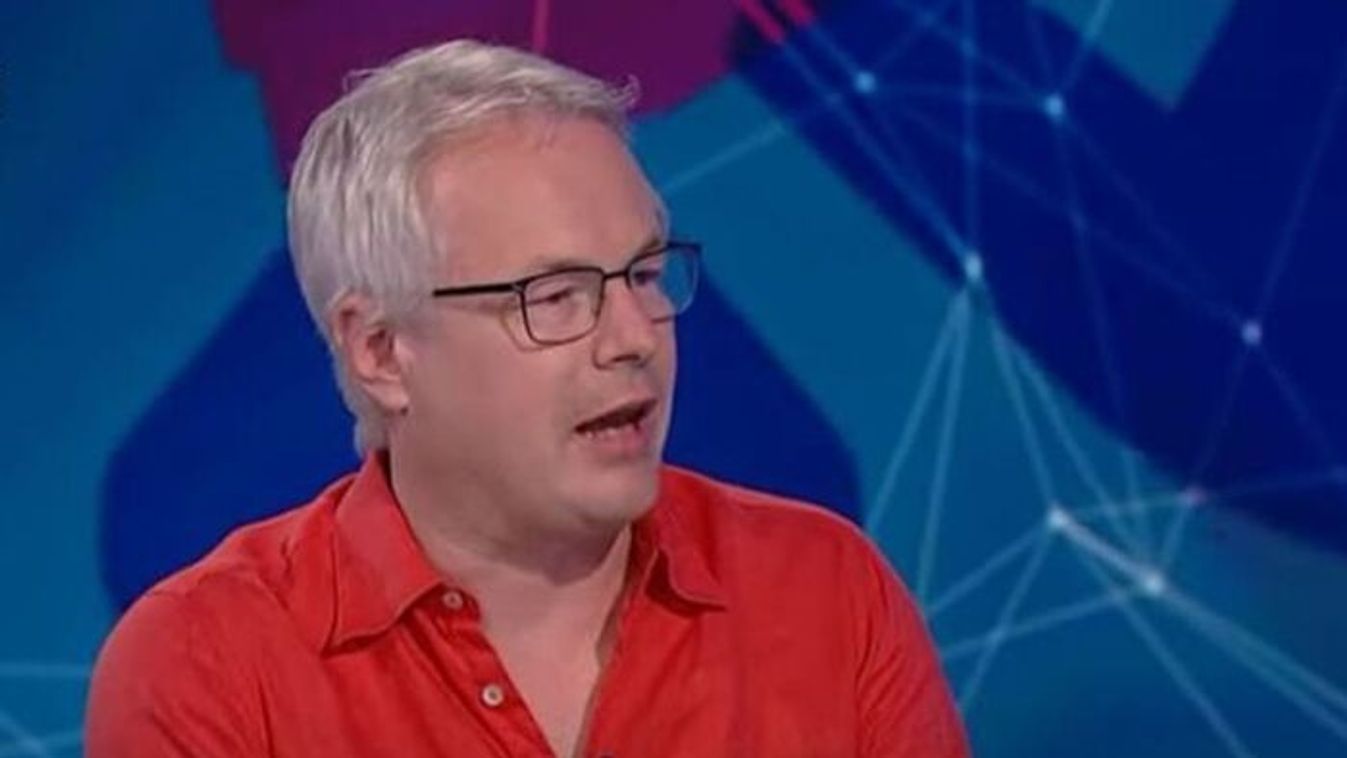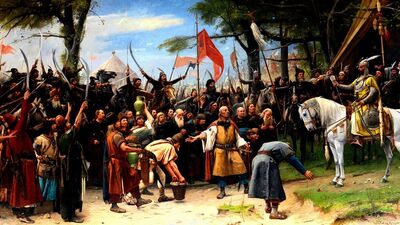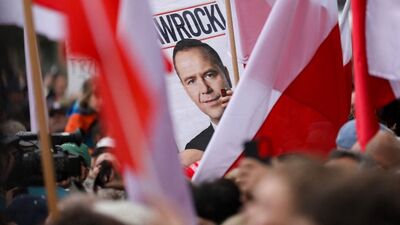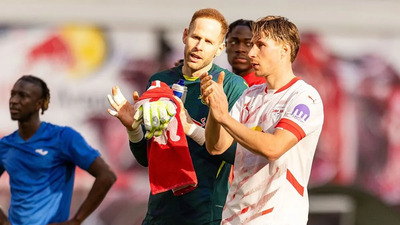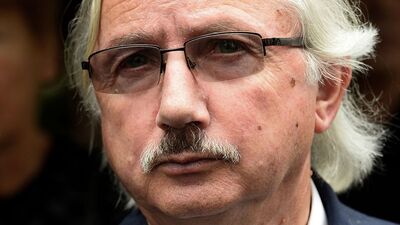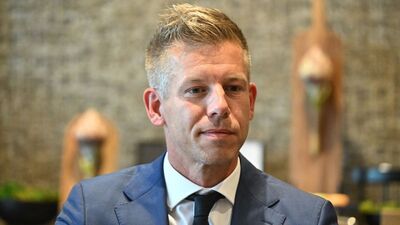„Sylvester Stallone’s The Expendables, which opens this Friday and which Anthony Lane reviews in the magazine this week, is two movies in one—or, rather, two half-movies, interwoven—and the quality as well as the morality of the two parts are drastically different. To put it starkly, there’s preparing to blow stuff up and there’s blowing stuff up. To my surprise, the non-explosive scenes, which mainly set up, and sometimes leaven, the money shots (which here spew fire), rumble along with a jovial (jocular?) rough-hewn locker-room sentimentality that feels utterly sincere and even a little moving in a lion-in-winter sort of way.
For instance, the shot that introduces Mickey Rourke, as a grizzled tattoo artist, fabricates a quietly grand entrance that speaks volumes about the travails that, for decades, submerged the charisma; it’s a classic-Hollywood moment that Stallone, as director, delivers. (Though Anthony is right: Stallone is no Howard Hawks and doesn’t dare do much with the homosexual subtexts of a man’s world.) The script also delivers a couple of barrelhouse one-liners droll enough to stick in memory (as when Statham introduces himself and Stallone to a menacing third party as Buddha and Pest, respectively, or when Stallone derides a dictator’s family dramas as bad Shakespeare). And had Stallone stuck to that off-duty guy stuff, he could have turned the film into the kind of self-deprecating rowdy comedy that Clint Eastwood strutted his stuff with decades back.”
